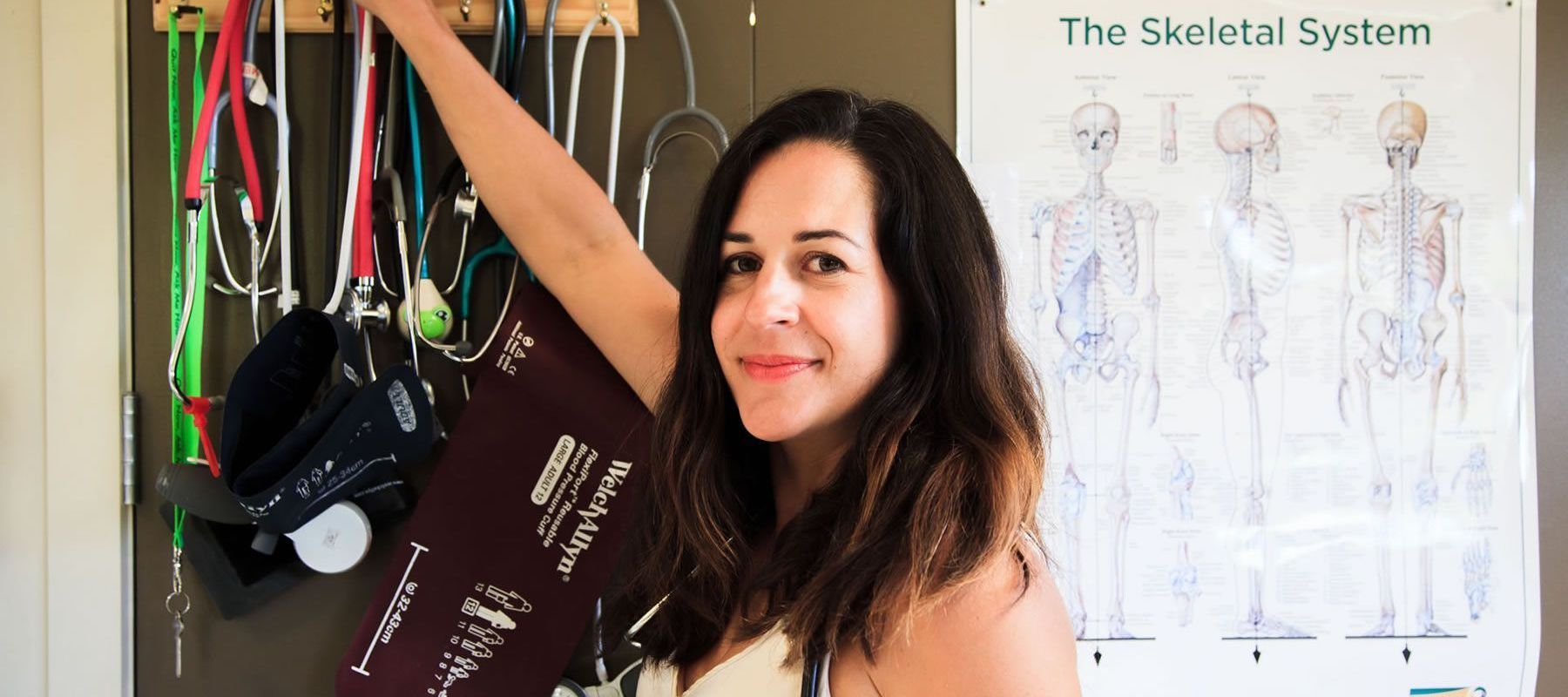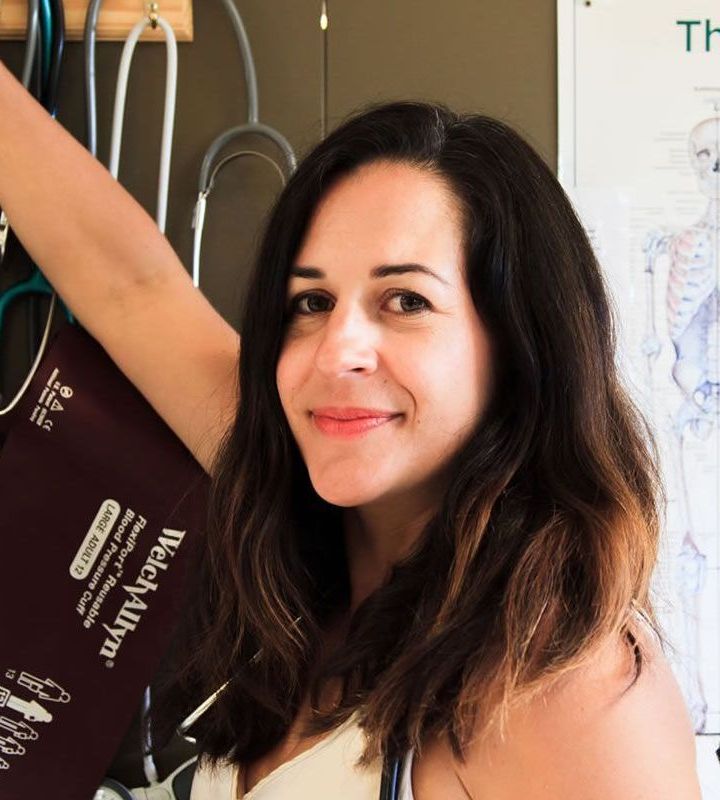Whooping Cough

November 11, 2014
Whooping cough (pertussis) is a highly contagious (easy-to-catch) disease. It usually begins just like a cold, with a runny nose, tiredness and sometimes a mild fever. Coughing then develops, usually in bouts, followed by a deep gasp or 'whoop' (but not everyone has the classic whooping sound)
Number of pertussis notifications by week reported 2010-2013. From the Institute for Environmental Surveillance and Research. Pertussis Report. January-March 2013. Wellington, ESR; 2013. Available at:http://www.surv.esr.cri.nz/PDF_surveillance/PertussisRpt/2013/20131PertussisRpt.pdf
From the Institute for Environmental Surveillance and Research. Pertussis Report. January-March 2013. Wellington, ESR; 2013. Available at:http://www.surv.esr.cri.nz/PDF_surveillance/PertussisRpt/2013/20131PertussisRpt.pdf
The number of whooping cough cases in New Zealand has increased by nearly 3 times for 2012 than they were for the same period in 2011, with over 5,900 cases.
Whooping cough is a serious disease
Whooping cough is more serious in babies, especially during the first 5 months, when they are too young to be fully vaccinated. They might go blue or appear to stop breathing and are very likely to go to hospital. Severe whooping cough can lead to pneumonia, fits, or even brain damage or death. Most hospitalisations and deaths occur in babies under 12 months of age.
In older children and adults, whooping cough is generally mild; however, bouts of coughing can persist for many weeks, causing significant distress. You may be woken in the middle of the night with coughing spasms, a choking sensation or sweating attacks. You may be unable to work and suffer a loss of income. Violent coughing can even occasionally cause rib fractures in the elderly.
In over 70% of cases, newborn babies catch whooping cough from parents or other close family members
Whooping cough is easily spread through a runny nose, coughing, sneezing or kissing between family members. Up to 90% of people who are not protected and catch whooping cough, are infected by someone in their household.
Three out of four newborn babies with whooping cough were shown to have caught it from their mother or other close family members.
Adult immunity to whooping cough lasts up to 10 years
Vaccination, or catching the disease helps to build immunity against whooping cough. However, as with tetanus vaccination, immunity to whooping cough reduces over time, although the exact duration of protection is not well known. This is why a further booster vaccine against whooping cough (Boostrix) is given to adolescents when they are 11 years old (school year 7) and why adults need boosters every 10 years.

Immunisation in pregnancy promoted
The Ministry of Health is marking Immunisation Week by promoting the importance of whooping cough immunisation for all pregnant women.
Immunisation Week (20-24 April) is celebrated worldwide. The theme of Immunisation Week 2015 is On-time immunisation throughout the lifespan to prevent whooping cough.
Dr Pat Tuohy, Chief Advisor, Child and Youth Health at the Ministry of Health, says whooping cough is a serious disease for young babies, and immunising mothers and other family members can protect babies from the disease until they are old enough to be immunised themselves.
“Whooping cough spreads easily through coughing and sneezing, and it is still common in New Zealand. Since 1 January 2014, 1,113 cases of whooping cough have been notified to the Ministry of Health and 81 people have been hospitalised.”
Babies who are sick with whooping cough may not be able to feed or breathe properly. They can become very ill and may need to be cared for in hospital.
The Ministry of Health encourages all pregnant women to get immunised against both whooping cough and influenza. Getting immunised during pregnancy helps protect babies as some of the mother’s immunity will be passed to her baby. Whooping cough immunisation is free to any woman who is between 28 and 38 weeks pregnant. Influenza immunisation is free for pregnant women at any stage during influenza season (late autumn and winter).
Babies are immunised against whooping cough three times, first when they are 6 weeks old, then again at 3 months and 5 months old. They are not well protected from this disease until they’ve had these 3 immunisations. They will also require boosters when they are 4 and 11 years old.

